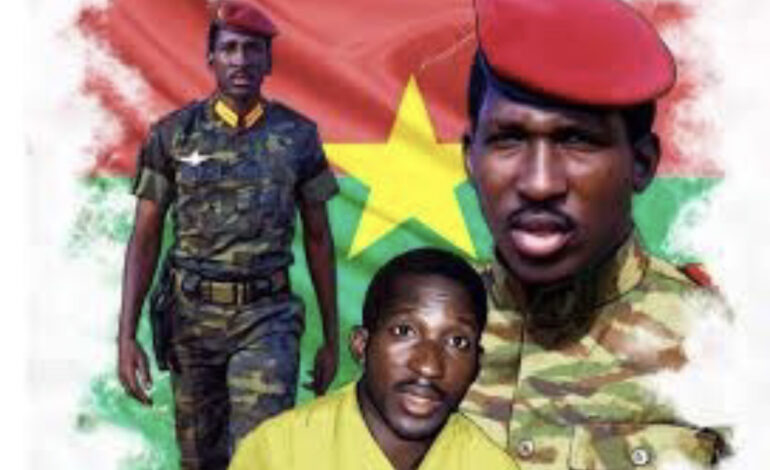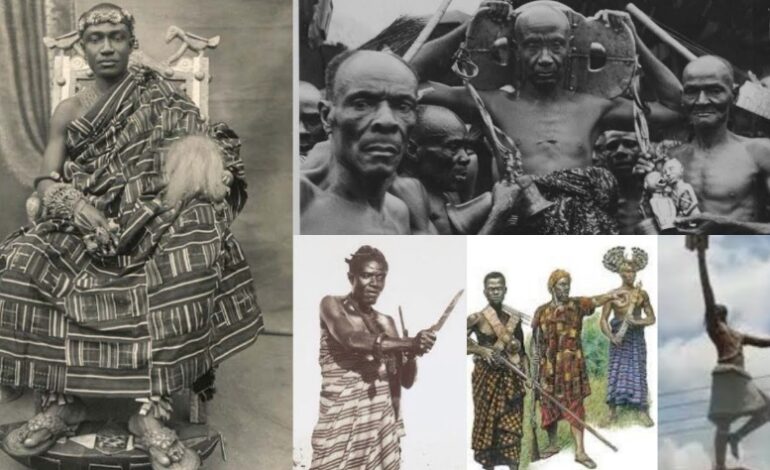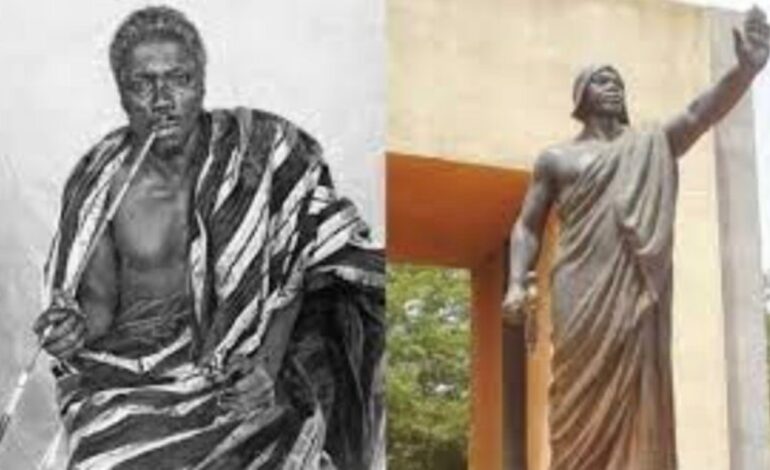
Avellon Williams
BURKINA FASO- Thomas Sankara was a truly remarkable figure in African history, widely regarded as a radical revolutionary. Born on December 21, 1949, in what is now Burkina Faso, Sankara’s life was characterized by his unwavering commitment to challenging the status quo and fighting for the rights of the oppressed.
Sankara’s journey towards revolution began in his early years, as he witnessed firsthand the poverty and inequality that plagued his country and the wider African continent. This experience fueled his determination to bring about real change and transform the lives of the marginalized masses.
In 1983, Sankara seized the opportunity to lead Burkina Faso in a bloodless coup, becoming the country’s president at the age of 33. From the moment he assumed power, Sankara embarked on an ambitious program of radical reforms, aiming to uplift the poor and marginalized, challenge neo-colonialism, and promote self-reliance.
One of Sankara’s key initiatives was the promotion of women’s rights. He recognized the crucial role that women played in society and actively worked toward their empowerment. Under his leadership, gender equality was enshrined in law, and efforts were made to eliminate harmful practices such as female genital mutilation and forced marriages.
Sankara also prioritized education and healthcare, believing that they were fundamental rights that should be accessible to all. He launched a vast literacy campaign, mobilizing teachers and students to eradicate illiteracy across Burkina Faso. Similarly, his government implemented a comprehensive healthcare system that focused on preventive measures, such as vaccination campaigns and sought to provide healthcare to even the most remote areas of the country.
Furthermore, Sankara was a vocal advocate for African unity and self-sufficiency. He actively worked towards reducing Burkina Faso’s dependence on foreign aid and challenged the influence of international financial institutions. Sankara argued that true independence could only be achieved through economic autonomy and the equitable distribution of resources.
Tragically, Sankara’s revolutionary journey was cut short. On October 15, 1987, he was assassinated in a coup led by his close associate, Blaise Compaoré.
Sankara’s death was a devastating blow to the African continent and the ideals he championed. However, his legacy as a radical revolutionary lives on, inspiring generations to challenge oppressive systems, fight for social justice, and strive for a more equitable world.
Thomas Sankara’s unwavering commitment to his principles, his charisma, and his ability to mobilize the masses make him an icon of revolutionary leadership. His legacy serves as a reminder that true change is possible, even in the face of formidable opposition, and that the struggle for justice and equality is an ongoing endeavor.
RELATED:




